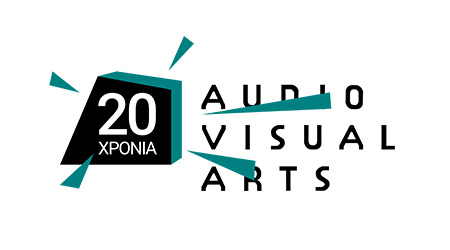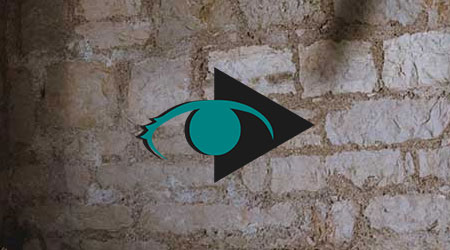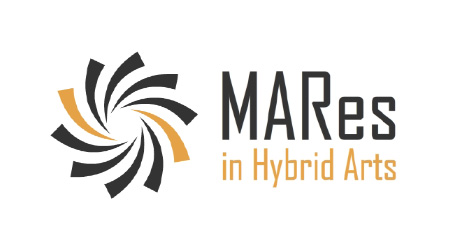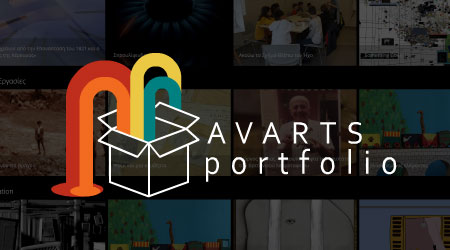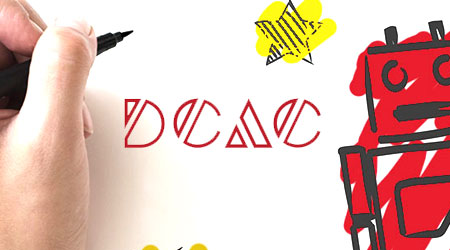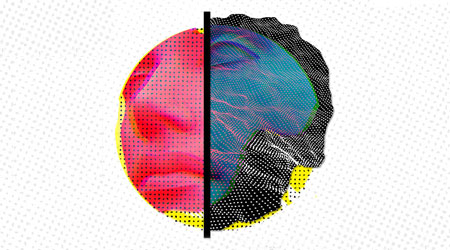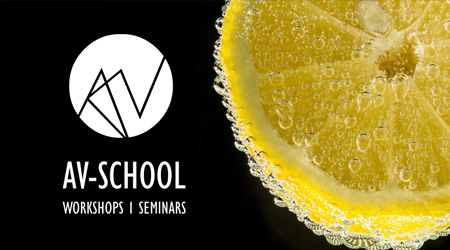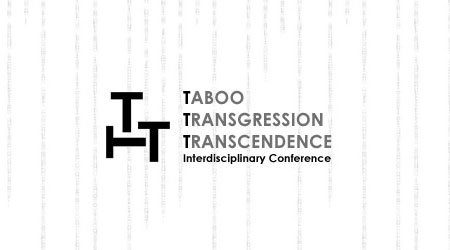Communication via the Internet
Teaching Staff: Giannakoulopoulos Andreas, Argyrokastriti Marily, Floros Angelos
Course Code: THE404
Course Category: Specific Background
Course Type: Elective
Course Level: Undergraduate
Course Language: Greek
Delivery method: Lectures
Semester: 4th
ECTS: 5
Teaching Units: 3
Teaching Hours: 3
E Class Page: https://opencourses.ionio.gr/courses/DAVA125/
Teaching Structure:
| Activity | Semester Workload |
|---|---|
| Lectures | 39 |
| Literature Study and Analysis | 56 |
| Practice and Preparation | 30 |
| Course Total (ECTS: 5) | 125 |
The development of the Internet and its extensive use in everyday life have formulated new types of communication and expression, influencing a wider spectrum of contemporary humans’ activities. The World Wide Web, as a form of realisation of the semantic conception of the hyper-text, constitutes a place of dynamic and multilevel developments, the study of which requires an interdisciplinary approach, as it is proved by the rapid expansion of the emerging Web Science. Issues such as free access to content, new forms of inequality, the boundaries between public and private sphere, economy knowledge, Information Society, and, to a greater extend, the Internet effects on traditional mass media, together with the production and diffusion of content, constitute the interdisciplinary subject of Internet Communication. The central drift in approaching this phenomenon is a combined study of the Medium prevalent technological characteristics and the impact of its use on social relationships, the economy, interpersonal communication and mass media.
After completing the course, students should be able to discuss and argue in relation to the basic effects of the advent of the Internet in modern society. In particular, they should be familiar with the communicative effects on social activities such as the economy, distance education, legislation and social networking.
1st Week: Introductory lesson
2nd Week: History of Internet
3rd Week: Internet Economy
4th Week: E-Government
5th Week: Internet and Media Content
6th Week: Legal Framework, Copyright and Anonymity
7th Week: Online Communities and Social Media
8th Week: Gender and Interpersonal Relationships on the Internet
9th Week: Usability and Accessibility
10th Week: Distance Education
11th Week: Research and Internet Measurements
12th Week: Web Science
13th Week: Review
- Apostolakis, Ioannis (2011). Collaborative Web and Society. Athens: Papazisis.
- Tselios, Nikolaos (2007). Introduction to Web Science: Basic Services and Educational Uses. Athens: Klidarithmos.
- Presentation with slides
- Online material in e-class
Enhanced by multimedia content.
The learning process is supported by the asyncrhonous e-learning platform e-class.
- 40% Participation via comments in 8 sections (comment: 0.3 per section - presentation of comment: 0.2 per section)
- 60% Final exams or individual project
Back
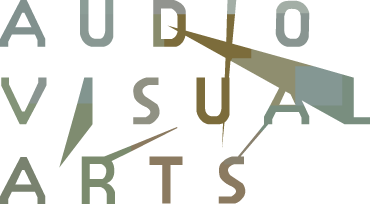


 Communication via the Internet
Communication via the Internet
